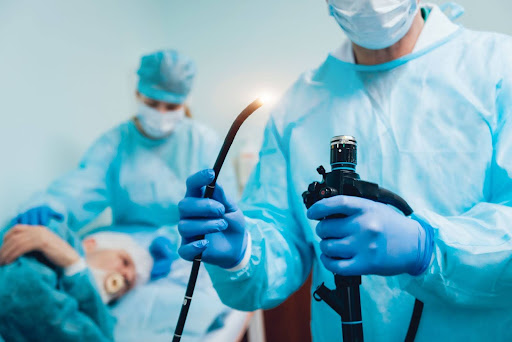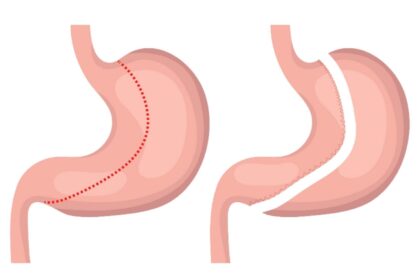A colonoscopy is a medical procedure that allows doctors to examine the inside of your colon and rectum. It is used to detect abnormalities or diseases that may otherwise be undetectable. Here is more information about this procedure, including its purpose, procedure details, and benefits for your health:
What Is a Colonoscopy?
A colonoscopy is a diagnostic procedure that uses a flexible tube with a camera to examine the large intestine. The colonoscope features a light and a camera that transmit images to a monitor, enabling the physician to view the interior walls of the colon. This procedure can detect abnormalities such as polyps, inflammation, or other tissue changes.
At the start of the procedure, the colonoscope is inserted through the rectum. The camera produces high-resolution images that enable doctors to identify potential problems. During the procedure, doctors can also remove small tissue samples or polyps for further examination.
Why Is It Conducted?
A colonoscopy serves multiple diagnostic and preventive purposes. Screening colonoscopies are recommended for adults beginning at age 45 to detect colorectal cancer in its early stages. This timing allows for the identification of precancerous polyps before they develop into cancer.
Doctors also recommend this procedure for patients experiencing specific symptoms. These symptoms include persistent abdominal pain, changes in bowel habits, rectal bleeding, or unexplained weight loss. The procedure helps determine the cause of these symptoms and guides appropriate treatment decisions.
Patients with a family history of colorectal cancer or inflammatory bowel disease may need earlier or more frequent screening. Previous results also influence the timing of future procedures. Your gastroenterologist will determine the appropriate screening schedule based on your individual risk factors.
What Happens During the Procedure?
The colonoscopy procedure typically takes 30 minutes to complete. Before the procedure begins, you will receive sedation to help minimize discomfort. Your doctor will then insert the colonoscope through the rectum and guide it through the colon. Air is introduced to expand the colon walls, providing better visualization of the tissue.
The camera transmits real-time images to a monitor, allowing the physician to examine all areas of the colon systematically. If polyps or abnormal tissue are found, your doctor can remove them during the procedure. Small instruments pass through the colonoscope to perform biopsies or polyp removal. These samples are sent to a laboratory for microscopic examination to determine if they contain cancerous or precancerous cells.
How Is It Beneficial?
A colonoscopy offers significant benefits for detecting and preventing colorectal cancer. The procedure can identify polyps before they become cancerous, allowing for removal during the same visit. Early detection of colorectal cancer improves treatment outcomes. When cancer is found in its early stages, treatment options are more effective and less invasive.
The procedure also helps diagnose other conditions affecting the colon. These include inflammatory bowel disease, diverticulosis, and sources of gastrointestinal bleeding. Accurate diagnosis of these conditions allows for appropriate treatment and symptom management.
Know What To Expect
A colonoscopy is a valuable procedure for maintaining your digestive health and preventing colorectal cancer. The procedure enables the early detection of problems and can prevent cancer through the removal of polyps. Understanding what to expect during this procedure can help you prepare for the experience. Schedule your colonoscopy consultation today to discuss your screening needs and take a proactive step toward protecting your health.








